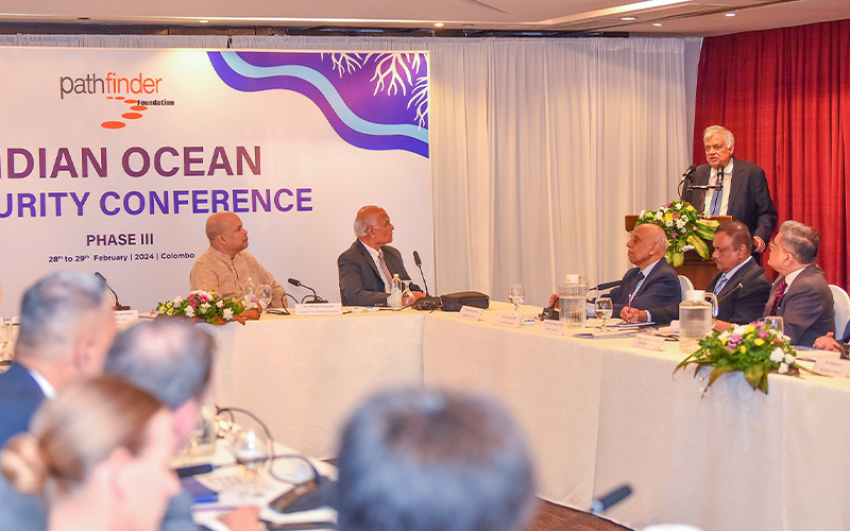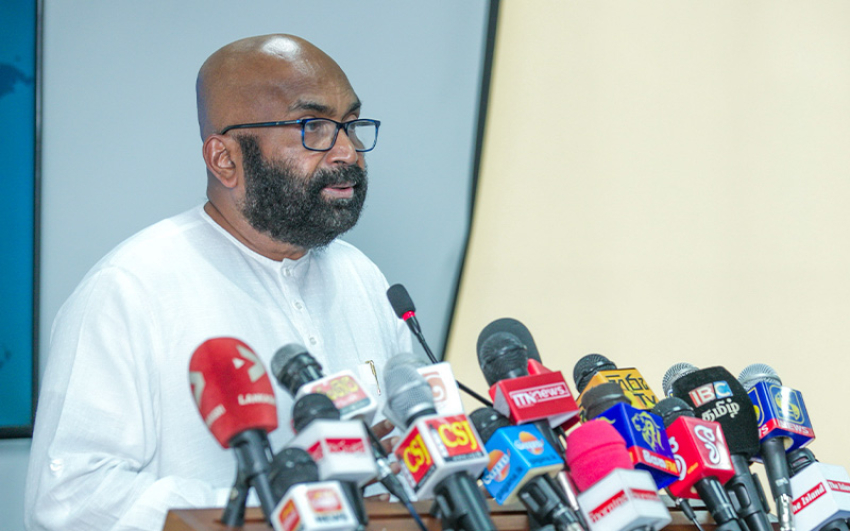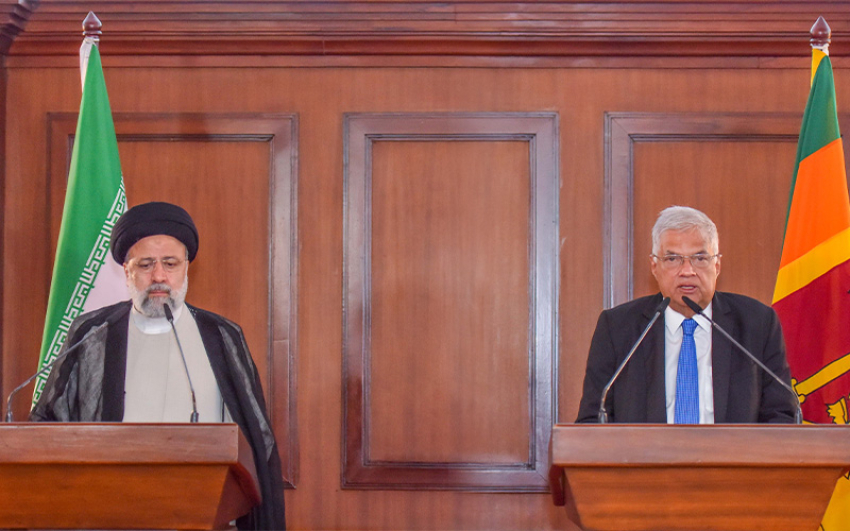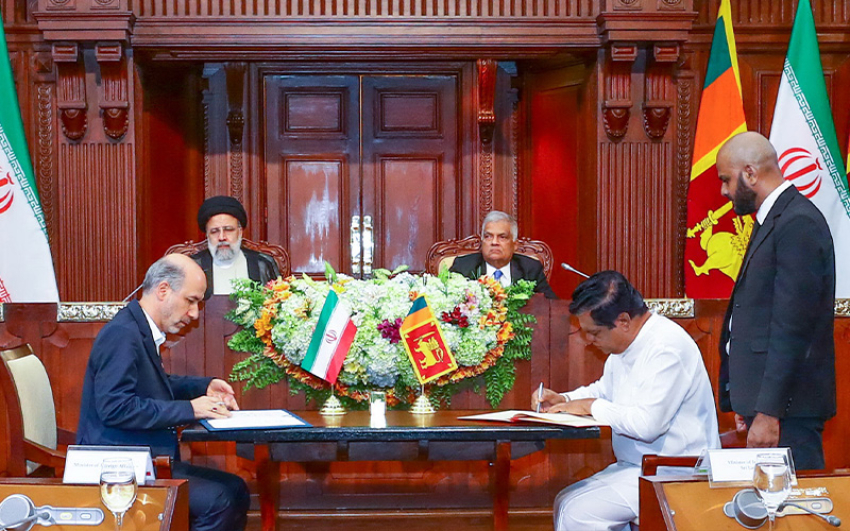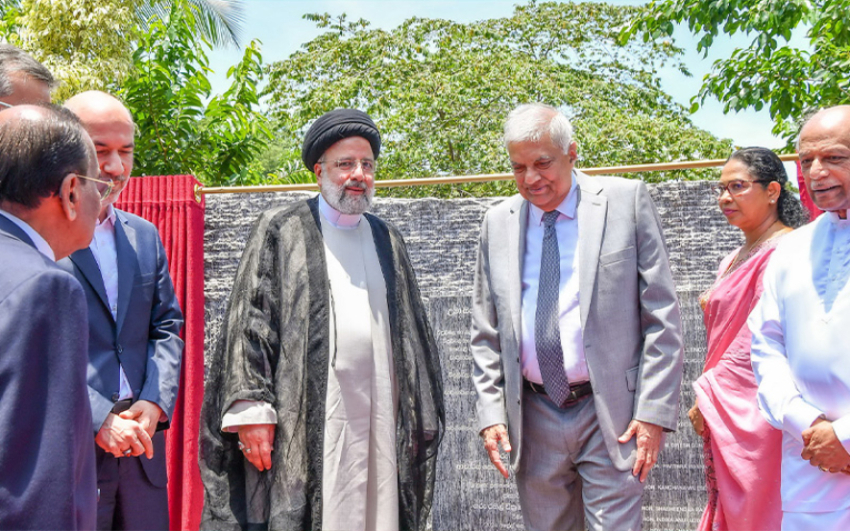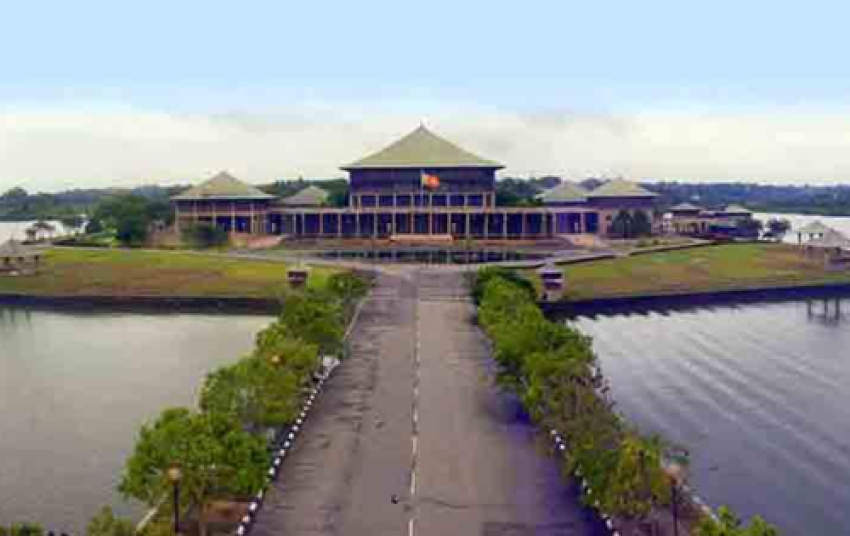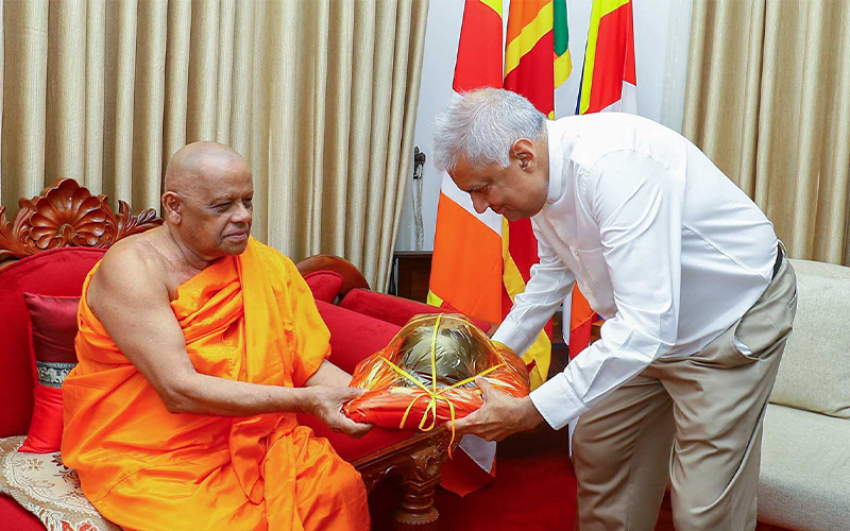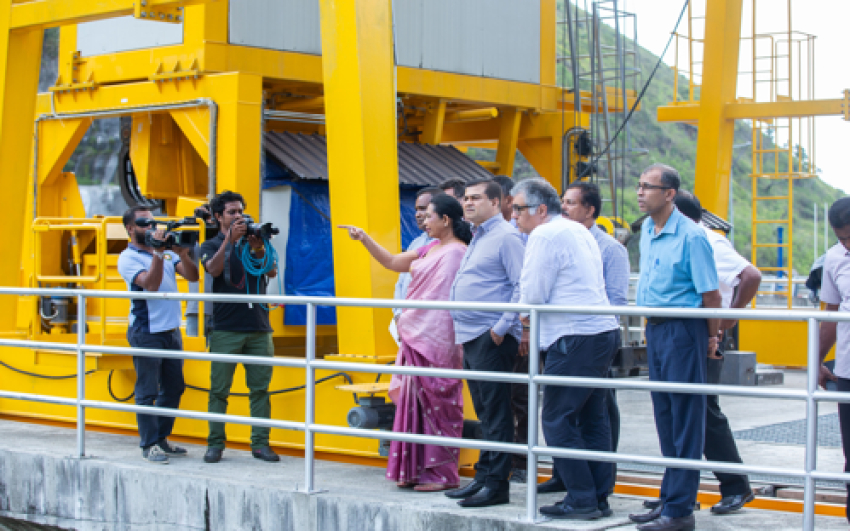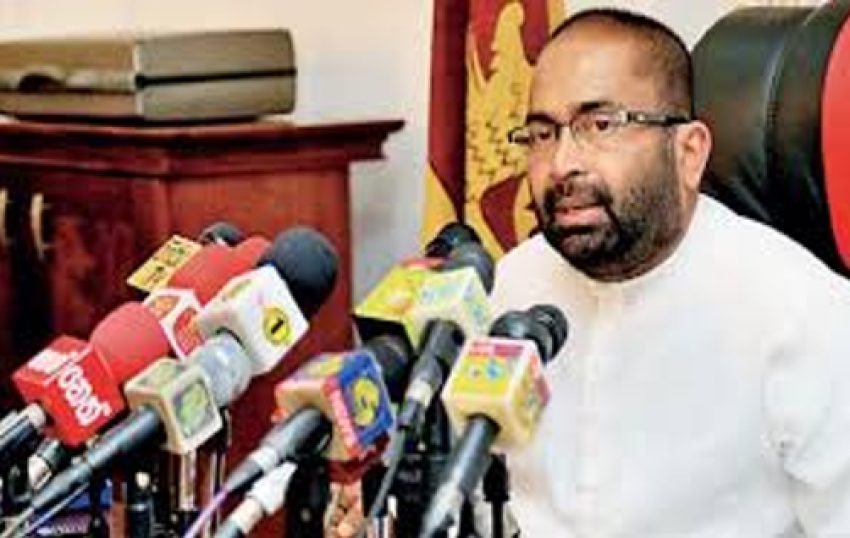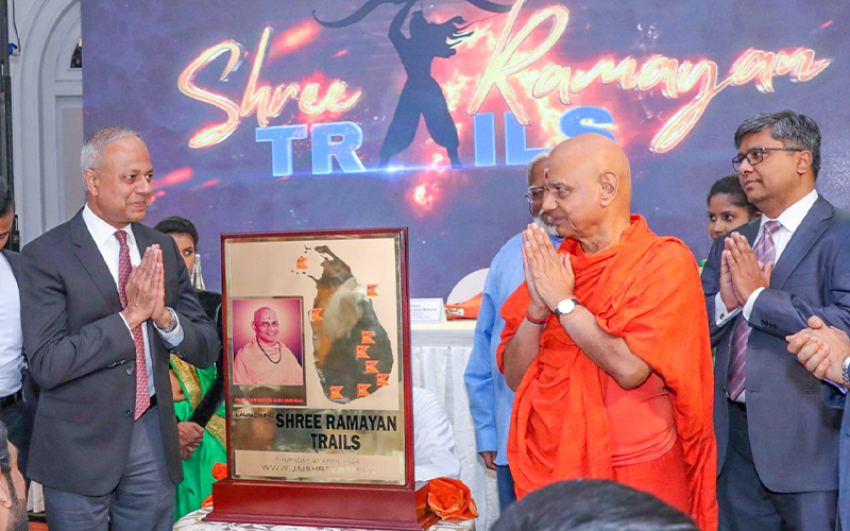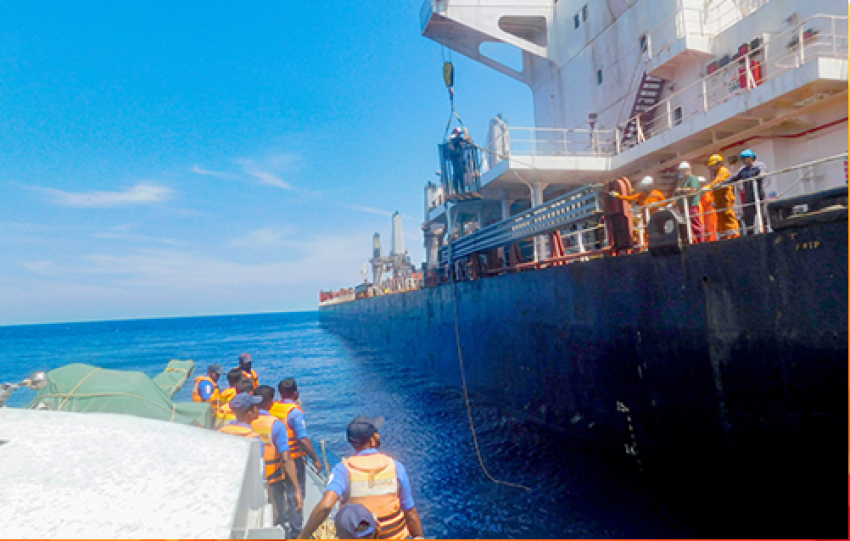President Ranil Wickremesinghe also highlighted emerging issues, including security concerns in the undersea domain, prompting a reassessment of approaches. He expressed the belief that the future lies in the Indian Ocean, stressing the importance of understanding Sri Lanka’s role within the broader Indo-Pacific framework. The President noted that the dynamics of the Indo-Pacific, originating from post-World War II arrangements such as the San Francisco system and the Shanghai communiqué, have evolved, leading to questions about the country’s positioning and potential involvement in regional conflicts.
The two-day conference will see participation from delegates representing several nations, underscoring the significance of the Indian Ocean and its role in global security and supply chain resilience.
The President further highlighted the imperative to reconcile varying viewpoints on the Indo-Pacific, particularly regarding its geographical limits and implications for maritime security. Sri Lanka adamantly opposes the idea of confining the Indo-Pacific to India’s western boundary, stressing its wider territorial concerns that stretch to the African coast. This stance diverges sharply from China’s expansive outlook, prompting scrutiny into the underlying motives and potential repercussions of these contrasting approaches.
The President emphasized the importance of addressing emerging developments in the Indian Ocean amid complex geopolitical dynamics. This includes China’s growing presence, which is bolstered by infrastructure projects like the Friendship Highway in Pakistan and agreements with India concerning connectivity and harbour development. Furthermore, the evolution of economic corridors such as the Mumbai-UAE-Israel-Europe connection highlights the changing geopolitical landscape, emphasizing the need for long-term strategic planning.
In his address, President Ranil Wickremesinghe highlighted the interconnectedness of regional dynamics and the potential implications for maritime security and diplomacy, as evidenced by the recent conflict in Gaza. Stressing the arc of Islam stretching from the Middle East to Indonesia, he underscored the need for nuanced approaches to crisis management, considering geopolitical complexities and cultural sensitivities.
Emphasizing the importance of embracing the Indian Ocean’s identity and historical significance, President Wickremesinghe advocated for cooperation among major powers rather than competition. He outlined Sri Lanka’s vision for the region as a hub for economic growth extending beyond India to Africa.
Regarding the resurgence of Asia’s influence, particularly China’s pivot to the Indian Ocean and the Belt and Road Initiative’s impact, the President highlighted the necessity of re-evaluating traditional power structures and alliances. He also addressed Russia’s eastward shift and the evolving dynamics between Iran and Saudi Arabia, which further complicate the geopolitical landscape, calling for nuanced diplomacy and strategic foresight.
In conclusion, President Wickremesinghe reiterated Sri Lanka’s commitment to promoting stability and cooperation in the Indian Ocean region. He stressed the importance of maintaining an inclusive approach that respects the historical significance of the Indian Ocean and considers the perspectives of its diverse stakeholders for long-term peace and prosperity.
US Ambassador Julie Chung, Japan’s Deputy Assistant Minister for Southwest Asian Affairs Hayashi Makoto, Founder of Pathfinder Mr. Milinda Moragoda, Co-Chairmen of the Pathfinder Indian Ocean Security Conference, Mr. Bernard Gunathilake & Mr. Shivshankar Menon, along with High Commissioners, Ambassadors, officials from Ministries, line institutions of the Ministries and the tri-forces participated in this event.

